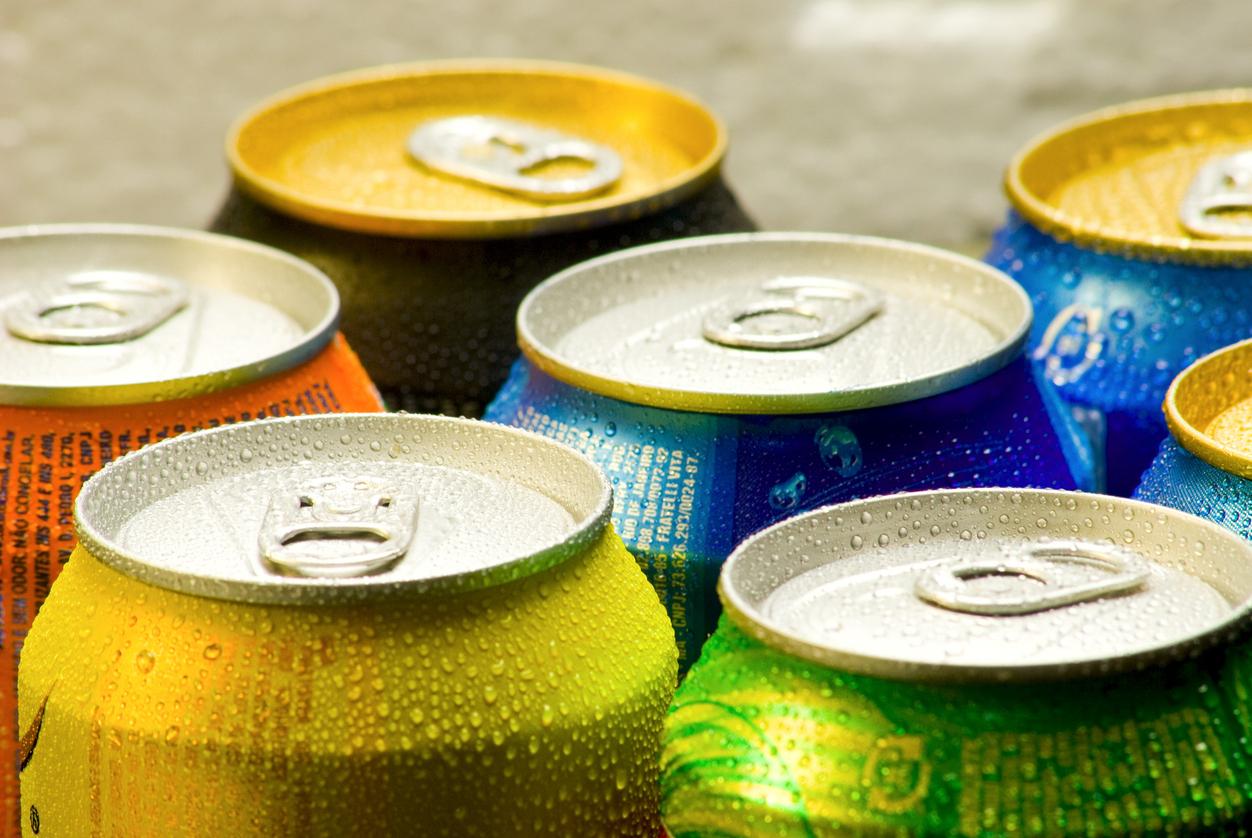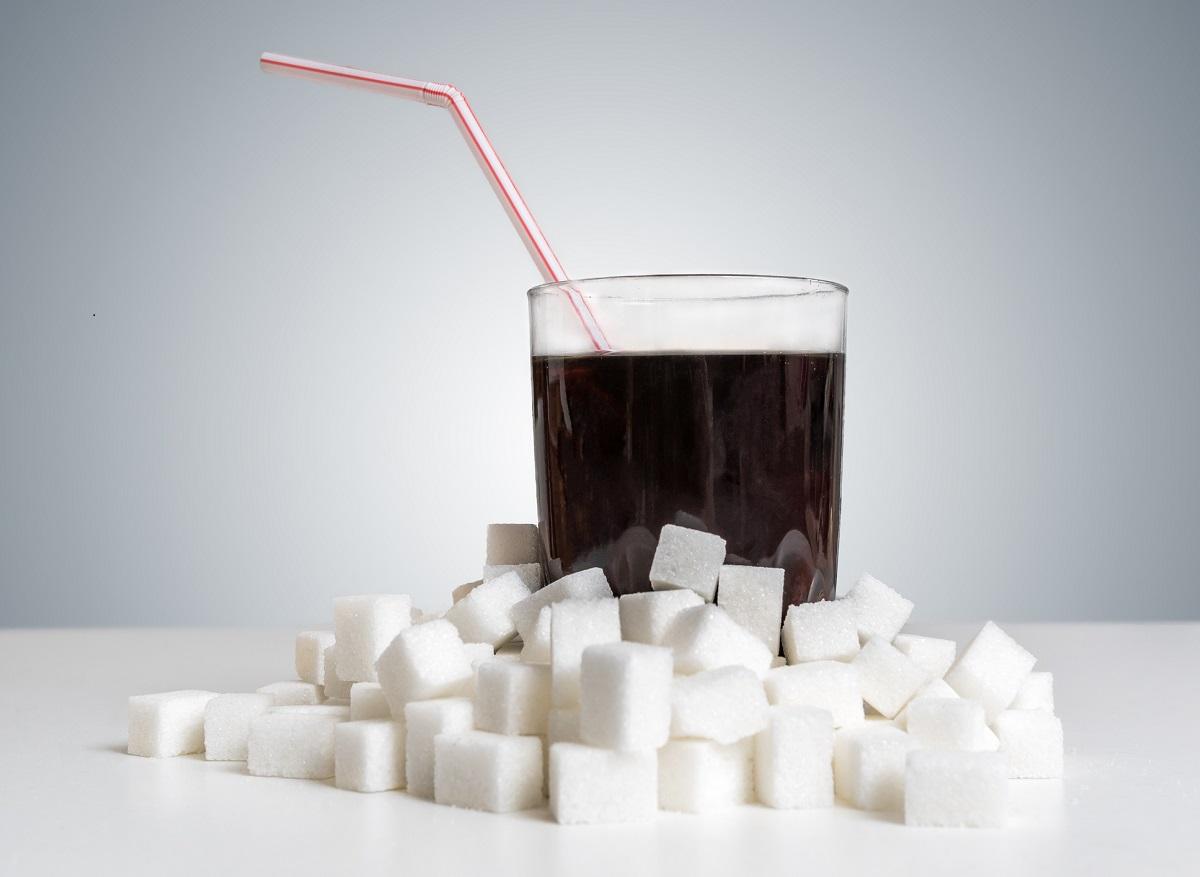Taxing sugary drinks would curb the obesity and diabetes epidemic, but also be an important source of revenue for countries.

Taxes on sugary drinks would not only be a weapon in the fight against obesity. They would also be beneficial for the economy, assures a study published in the June issue of Health Policy.
“Experts believe that we should treat sugar, and especially the one in sodas, like we treat tobacco and alcohol, taxing it to reduce consumption and obesity rates,” explained Dr Lennert Veerman, public health specialist at the University of Queensland (Australia) and responsible for this work in The Conversation.
In any case, this is the position of the World Health Organization (WHO). In an October 2016 report, the UN agency called on states to increase the prices of sugary drinks by at least 20% in order to reduce their consumption in the same proportions.
Severe measures, because the world situation is worrying. Half a billion people on the planet are obese, and 42 million children under 5 are overweight or obese. Added to this is an increase in the number of cases of diabetes. More than 420 million people suffer from it. Metabolic disorders that are the bedrock of cardiovascular disease and cancer.
More employees in better health
But beyond the health benefits, the taxation of sugary drinks would also have an economic interest, according to Dr Lennert Veerman. To come to this conclusion, the public health specialist and his colleagues modeled the impact of a 20% tax on the Australian population.
To do this, they estimated the number of soda consumers, the body mass index in the population, the prevalence of obesity-related diseases, the mortality rates as well as the paid or unfulfilled work for the year 2010. .
“Our results show that a 20% tax would prevent 400,000 cases of obesity. Three quarters of them would be employees. So some 300,000 fewer employees would be obese, ”he describes.
Billions of profits
The work also suggests that a soda tax would have brought in more than an additional 750 million Australian dollars, or 508 million euros, to the Australian economy thanks to a healthier workforce who need less downtime. sickness. Better still, volunteering and any unpaid work could bring in more than a billion Australian dollars (around 700 million euros).
These indirect benefits would also be greater than the savings made for the health systems. In total, the researchers estimate that the taxation of sugary drinks could bring more than A $ 2 billion in revenue to Australia (or more than 1.3 billion euros). Very important benefits which do not take into account the greater longevity of the population, and in particular the healthy life expectancy, and the gains in terms of quality of life.
These results could convince the new French government to increase the soda tax implemented during Nicolas Sarkozy’s five-year term. In June 2016, a parliamentary report recommended to hit harder on sweet products, and in particular sodas. A measure that could bring in 590 million euros per year for the French state.
.















